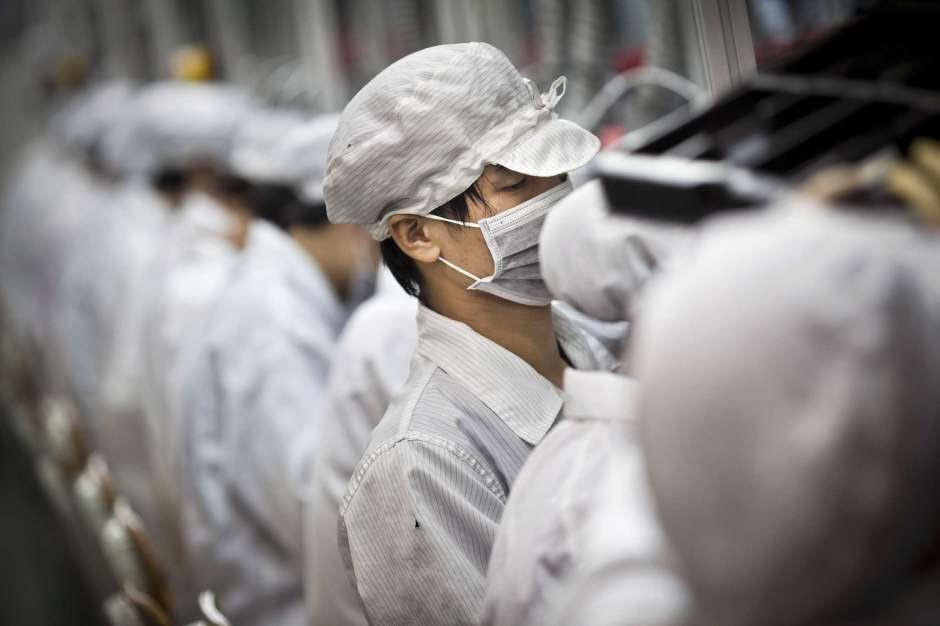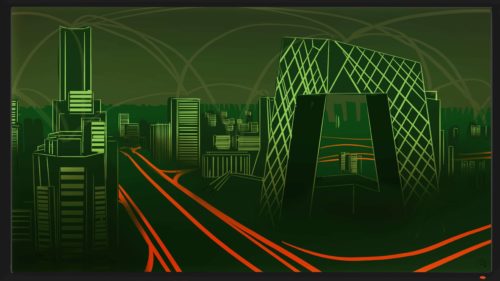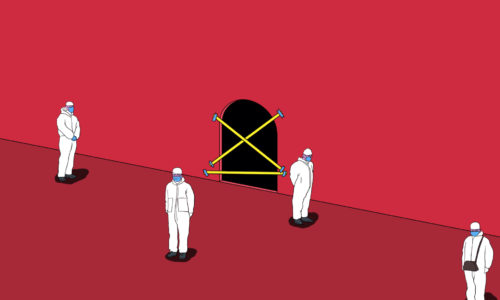In Shenzhen, you are now legally required to take a holiday
Although Chinese labor laws state that employees are entitled to a number of paid vacation days based on years of service, many workers are too stressed out to take time off. Now Shenzhen has stepped up to solve the problem.

In a bold move to improve residents’ health and prevent worker “burnout,” the southern city of Shenzhen, Guangdong Province, has passed a new policy requiring local businesses to mandate paid annual leave for employees.
The ordinance (in Chinese), which takes effect on January 1, 2021, is part of a multifaceted effort by the municipal government of Shenzhen to promote the well-being of its local population. In October, the city’s People’s Congress Standing Committee debuted a set of local health regulations — the first of their kind in China — which put an unprecedented emphasis on protecting the physical and mental health of workers. The rules include guidelines for fighting air pollution, assuring food safety, and providing psychological counseling to people in need.
Under the new paid leave policy, employers are expected to “make rational allocation of human resources,” “allow workers to take some time off and recharge,” and “implement a rotation system” for employees with heavy mental and physical workloads to avoid fatigue and stress-induced injuries.
No other city in China requires private employers to force their employees to exercise their legal rights to use paid time off. To make sure the new rule is effectively enforced, the government also asked the local Human Resources and Social Security Bureau, as well as state-controlled trade unions, to strengthen their scrutiny of local businesses.
Although Chinese labor laws state that employees are entitled to a number of paid vacation days based on years of service, many workers are too stressed out to take time off. According to a survey (in Chinese) conducted by a trade union in Shenzhen’s Nanshan District, about 38% of employees in the city’s High-Tech Industrial Zone said they were reluctant to use their vacation days because they feared falling behind on their work or repercussions from management.
The survey also found that because most companies in the Industrial Zone were startups, they had to keep overhead costs as low as possible — which means they expected employees to work long hours for no extra pay and regularly cut employees who didn’t pull their weight.
In fact, a fetishization of working outrageously long hours and not claiming benefits like paid vacation leave is common among office workers in Shenzhen, especially those who work in the city’s tech industry.
Shenzhen is home to the headquarters of many multibillion-dollar Chinese tech firms, where burnout work habits are celebrated as part of the infamous “996” culture — working 12 hours a day (9 a.m. to 9 p.m.) and six days a week. In recent years, some tech workers have gone further, embracing “007” — a more grueling work schedule that stretches from 12 a.m. to 12 p.m. seven days a week.
There has been some pushback on the culture of overwork. Last year, an online community of Chinese developers launched a project on GitHub, the Microsoft-owned service for sharing code, to highlight a list of Chinese tech companies where labor conditions were particularly troubling.
While the anti-996 movement has gained considerable traction, it has not resulted in any legal ramifications that could hold big tech firms accountable for ensuring workers’ benefits. To make things worse, the campaign was met with vehement opposition from several Chinese tech moguls — Alibaba’s Jack Ma (马云 Mǎ Yún) responded to the backlash by calling overwork “a blessing.”
Now Shenzhen’s new mandatory paid leave policy has given the protesters a glimmer of hope. On Chinese social media, the regulation has received an outpouring of support, with many praising it as a necessary step to regulate working time and rest periods. Some also called for other Chinese cities to follow suit. “This needs to be enforced nationwide. There have been so many cases of people literally working themselves to death,” a Weibo user wrote (in Chinese).






